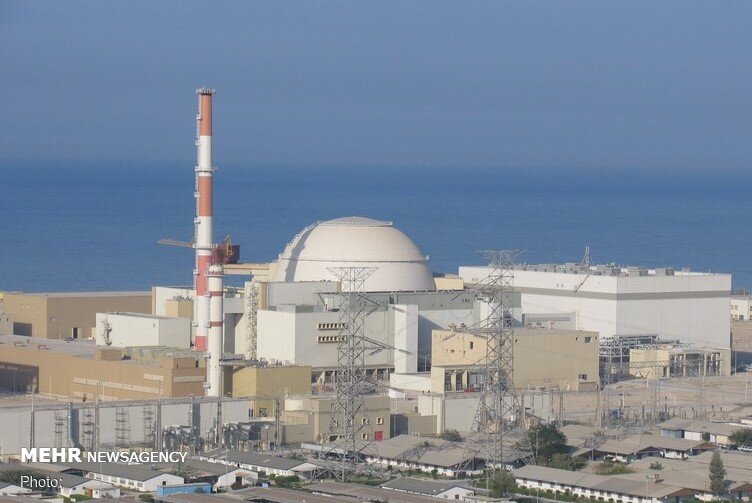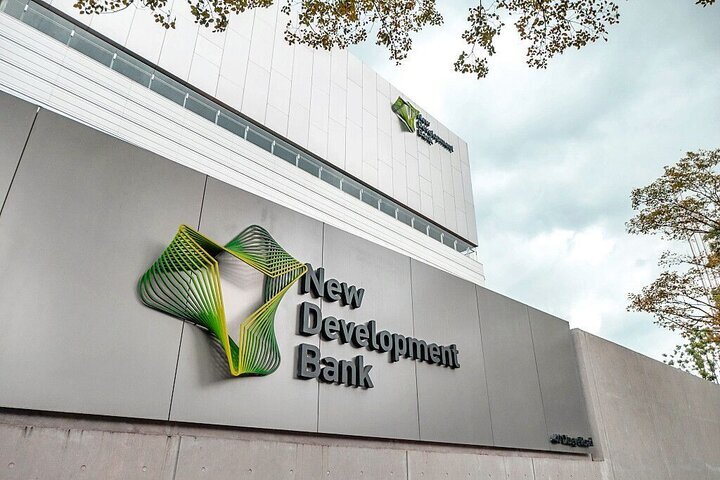
Similar Posts
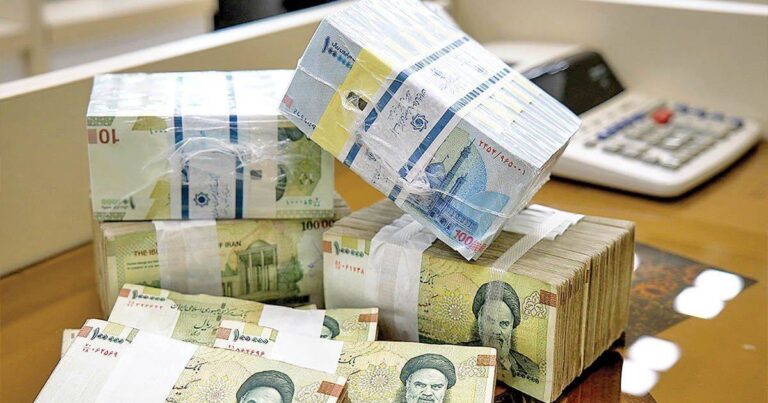
Iran Plans Bold Currency Revamp: Four Zeros to be Cut by 2025, Announces Chief Banker
Iran plans to redenominate its currency in 2023, removing four zeros from the rial and replacing it with the toman, as announced by Central Bank Governor Mohammad Reza Farzin. This reform, approved by parliament in 2020, aims to simplify transactions and align the currency with existing informal practices. However, critics argue that without addressing deep-rooted economic issues like inflation and monetary mismanagement, the move may be superficial. The transition will see both currencies co-circulating for several years, but analysts caution that lasting benefits depend on broader structural reforms amidst ongoing economic challenges, including high inflation and widespread poverty.
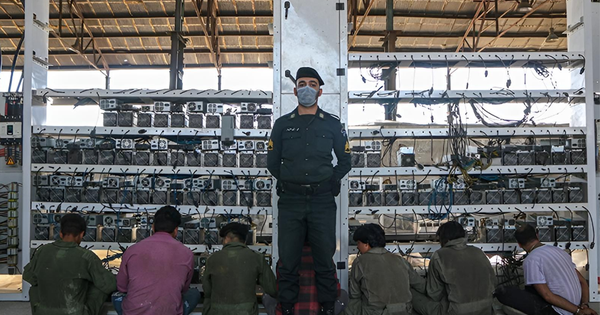
Iran’s Major Crackdown: 240,000 Cryptocurrency Mining Rigs Seized in Bold Move
Iran is grappling with electricity consumption challenges exacerbated by cryptocurrency mining, prompting authorities to seize over 240,000 mining devices in three years. These rigs reportedly consume 800 megawatts, similar to the Bushehr nuclear power plant’s output. Tavanir estimates around 700,000 illegal rigs still operate, consuming 2,000 megawatts. A projected 25,000-megawatt electricity deficit looms for the next year, representing nearly one-third of national consumption. Authorities emphasize the need for stricter regulations and collaboration with law enforcement to combat illegal operations, aiming for a balanced approach to cryptocurrency mining that ensures energy sustainability.
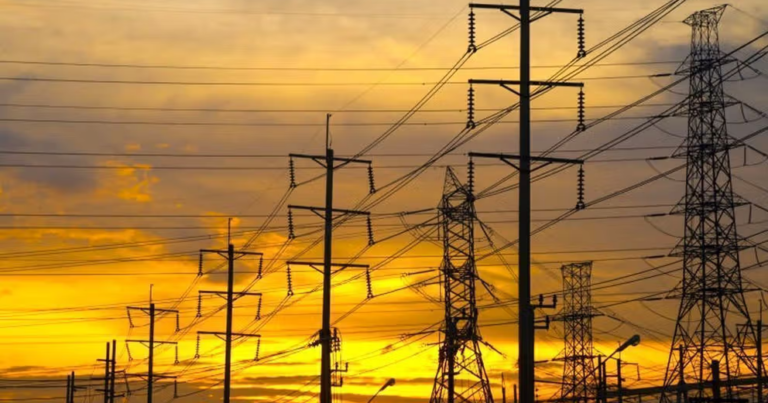
Iran Launches Solar Panel Initiative in Government Offices to Combat Energy Shortage
Iran’s President Masoud Pezeshkian has ordered the installation of solar panels in government offices to combat the country’s energy shortages, as reported by state media. This initiative is part of a broader strategy to address energy imbalances through equitable policies and community involvement. Pezeshkian emphasized modernizing heating equipment, banning inefficient appliances, and expanding smart meters. Iran faces significant energy challenges, including aging infrastructure and international sanctions, which have led to widespread electricity shortages and gas deficits. The government’s focus on renewable energy and public engagement aims to create a more sustainable energy future for the nation.
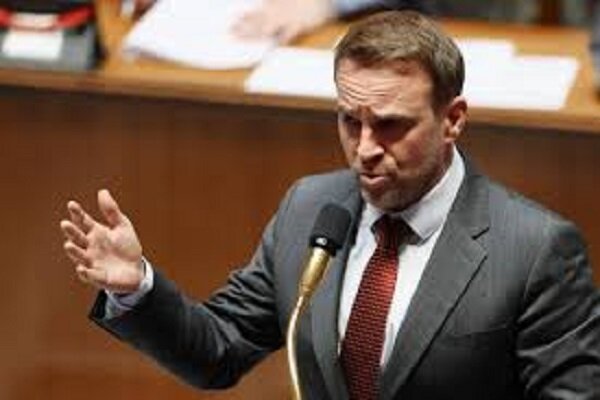
French Minister Calls for Companies to Freeze US Investments Amid Economic Concerns
The financial landscape is increasingly uncertain, prompting experts to advise caution in investments. Ferracci emphasized the complexity of the current climate on France Info radio, urging investors to suspend plans due to market volatility and unpredictable economic indicators. Key considerations include the need for diversification, consulting financial advisors, and understanding the impact of geopolitical tensions, inflation, interest rates, and supply chain disruptions. As uncertainty prevails, maintaining a balanced perspective through informed decision-making and realistic goals is essential. Ultimately, strategic caution is necessary for safeguarding financial interests in these turbulent times.

Khuzestan Ports Welcome 1,538 Vessels in Record-Breaking Year
A recent report highlights significant maritime activities at Khuzestan’s ports, emphasizing their strategic role in regional shipping. During the reporting period, over 1,538 ships were serviced, with 5,600 vessel traffic operations and 6,200 pilotage instances recorded. Tugboats assisted in more than 8,000 operations. The administration issued over 10,000 maritime documents to seafarers and focused on environmental protection, collecting 5,000 cubic meters of waste. Dredging operations removed 2.5 million cubic meters of sediment to maintain navigational depth. Overall, these efforts enhance operational efficiency, support the local economy, and ensure Khuzestan’s prominence in global maritime trade.
